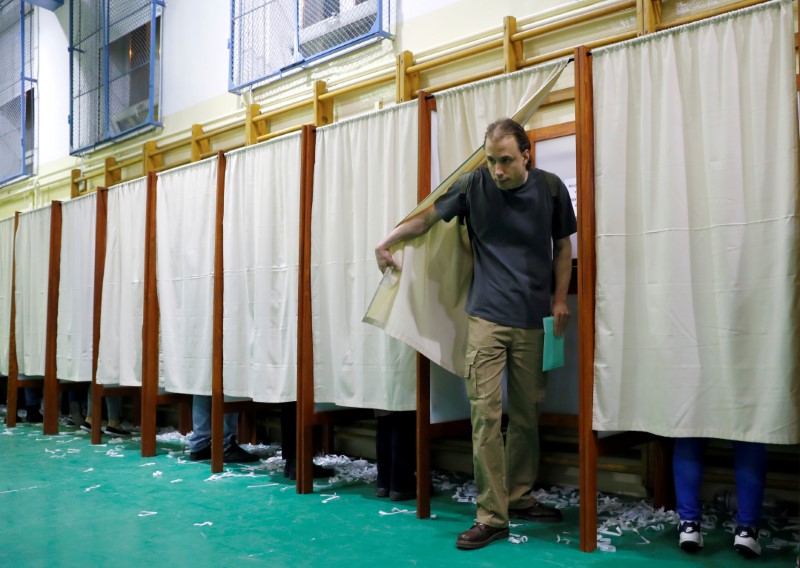
COPENHAGEN (Reuters) – The world’s democracies are facing a severe crisis of public faith, according to the conclusions of a large study published on Thursday.
The report by German polling firm Dalia Research, titled Democracy Perception Index 2018, found that trust in governments appears even lower among people in democracies than in states deemed by the firm to be undemocratic.
“Right now the biggest risk for democracies is that the public no longer sees them as democratic,” said Nico Jaspers, CEO of Dalia Research.
When asked “do you feel that your government is acting in your interest?” 64 percent of respondents living in democracies said “rarely” or “never”.
In non-democracies 41 percent said the same, according to the study, based on 125,000 respondents in 50 countries.
Kenya, Austria, Portugal, Sweden and Denmark were the countries where the largest proportions of people said the government was not acting in their interest.
Kenya is categorized as “partly free” and the other four countries “free” in a ranking by the U.S. organization Freedom House, which Dalia uses.
People in Saudi Arabia, Egypt, Turkey and China, all countries categorized “not free” by Freedom House, most rarely gave that response.
When asked “Do you feel that the voice of people like you matters in politics?” 54 percent of citizens in democracies said their voices “rarely” or “never” mattered, compared with 46 percent in non-democracies.
Of the 10 countries that had the highest percentages of people saying their voices were rarely or never heard, nine are democracies, Dalia said.
“While citizens in democratic societies might be inherently more critical of their government than those living in non-democratic societies, perception is often as important as reality, and therefore the implications of the findings remain relevant and insightful,” it said in a news release.
The publication of the survey results came on the eve of the opening of the Copenhagen Democracy Summit, to be attended by figures including former U.S. vice president Joe Biden and former British prime minister Tony Blair.
The summit and survey are both organized by the non-profit Alliance of Democracies Foundation, founded by former NATO Secretary General Anders Fogh Rasmussen last year.
(Reporting by Teis Jensen; editing by Andrew Roche)



